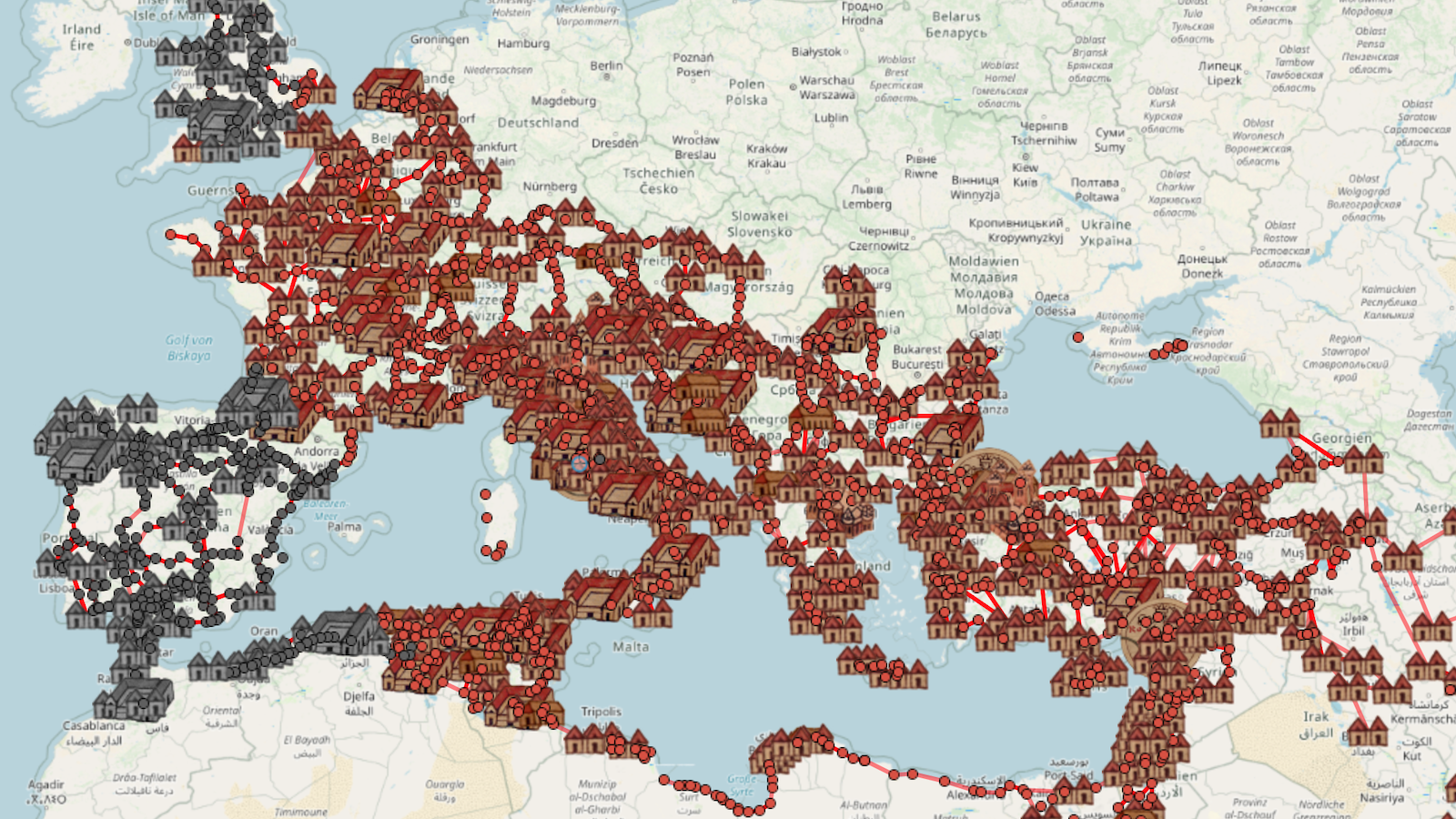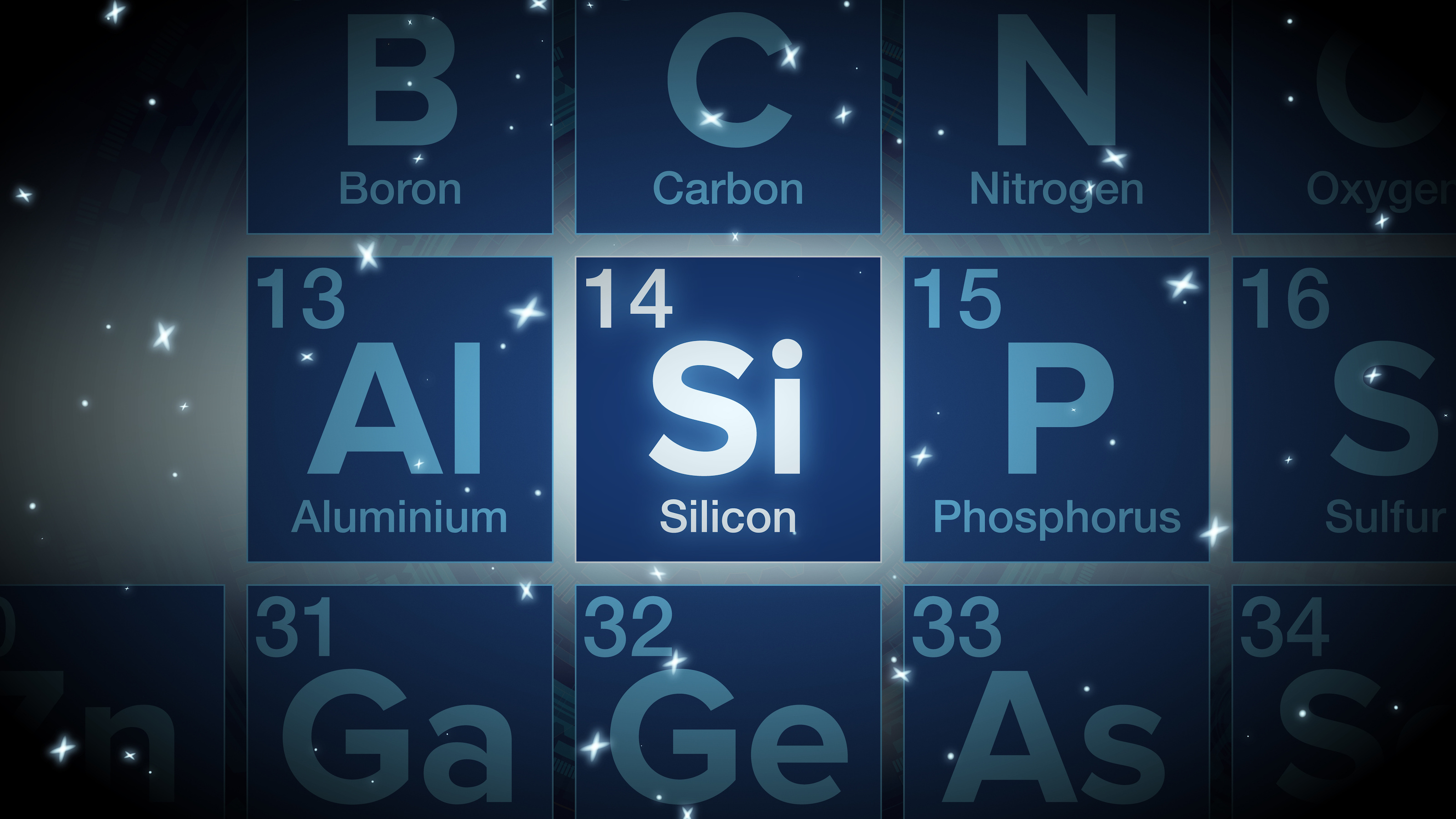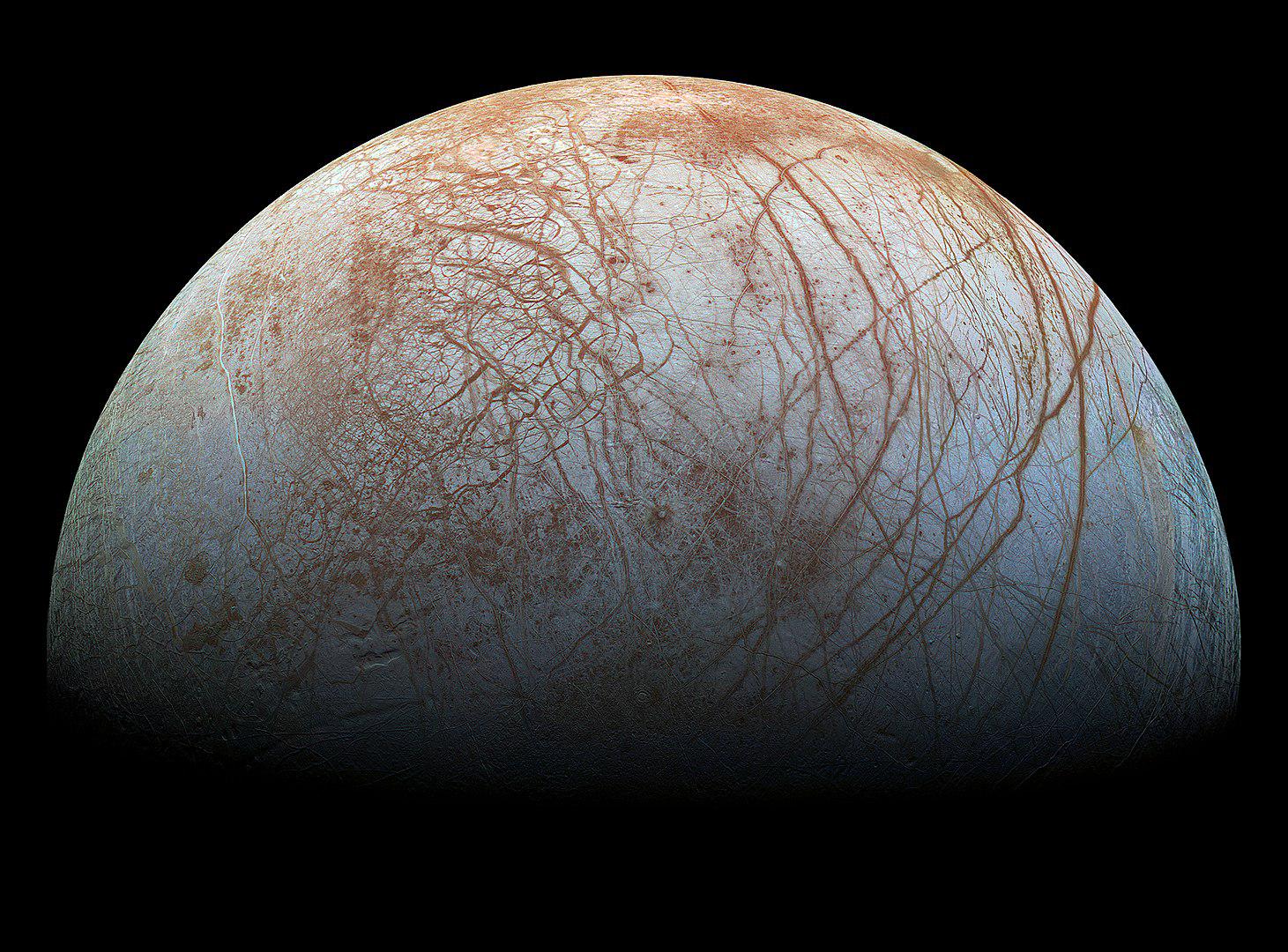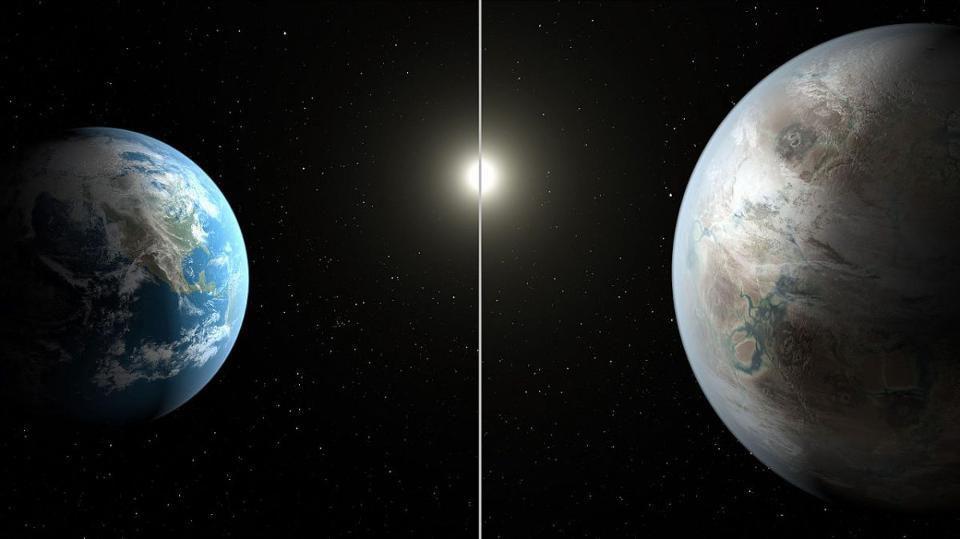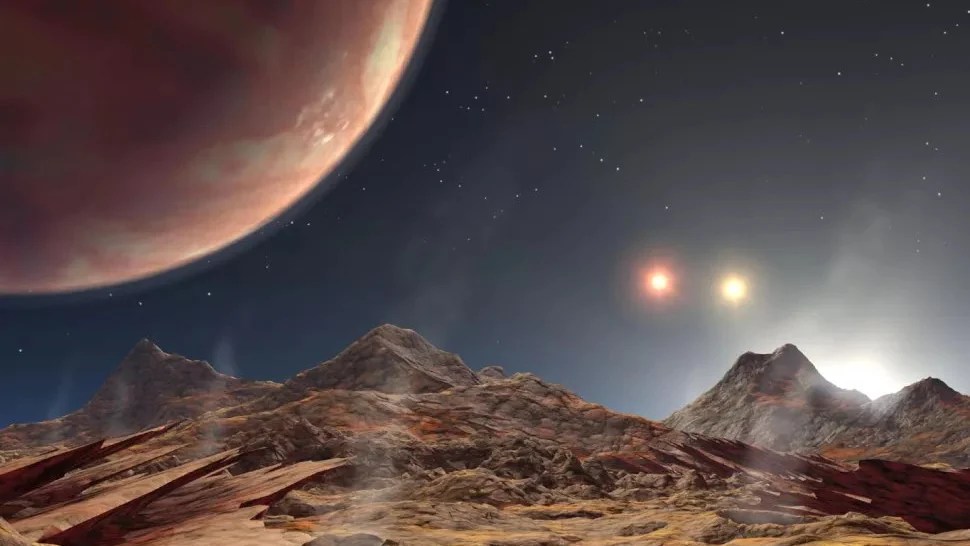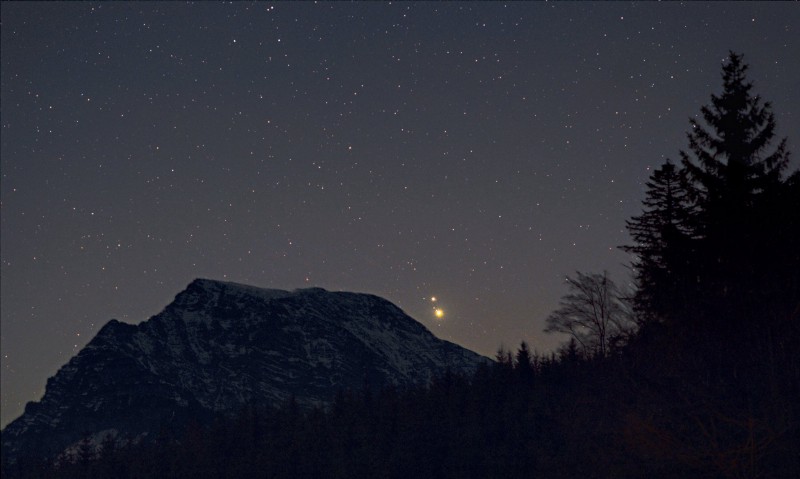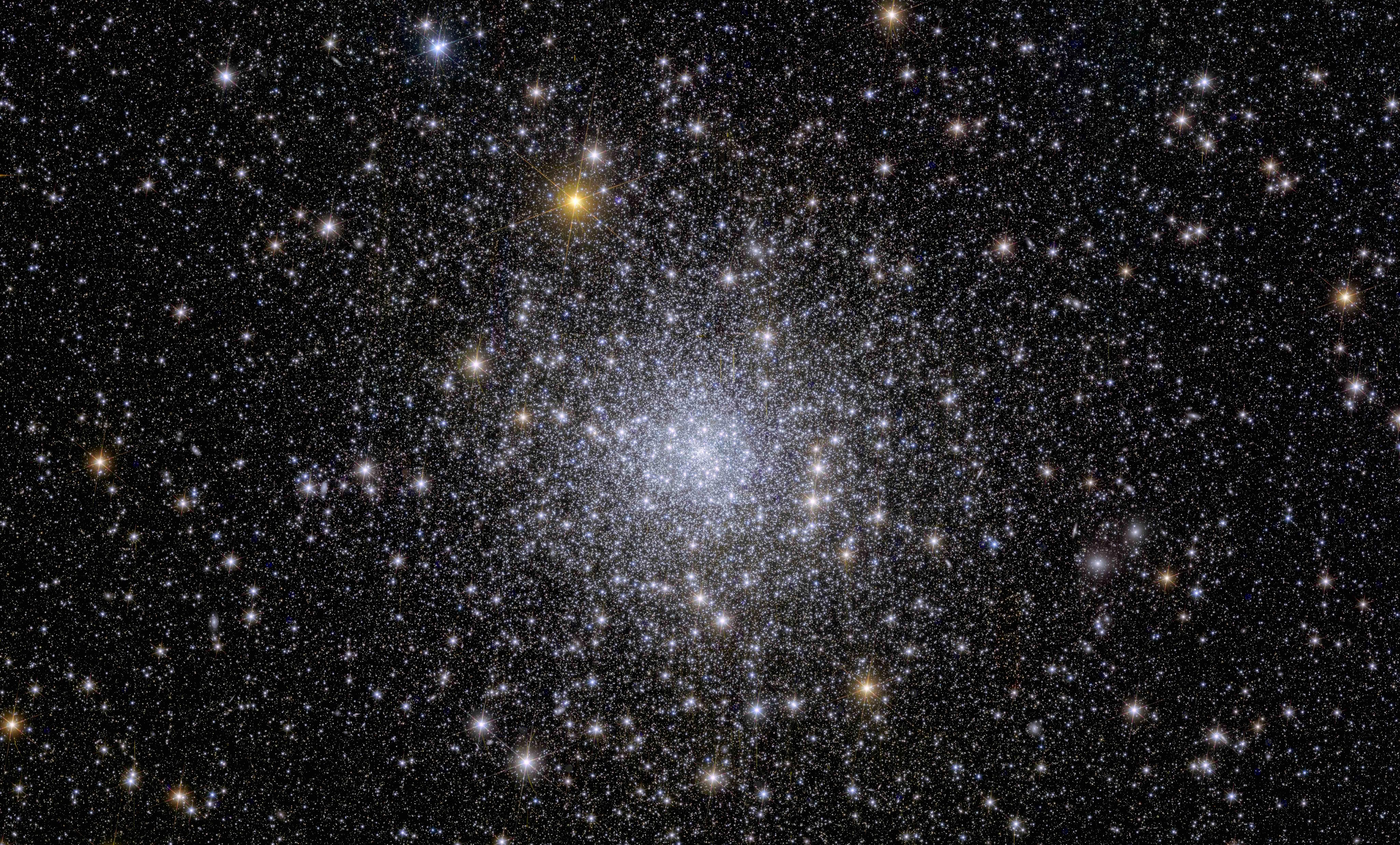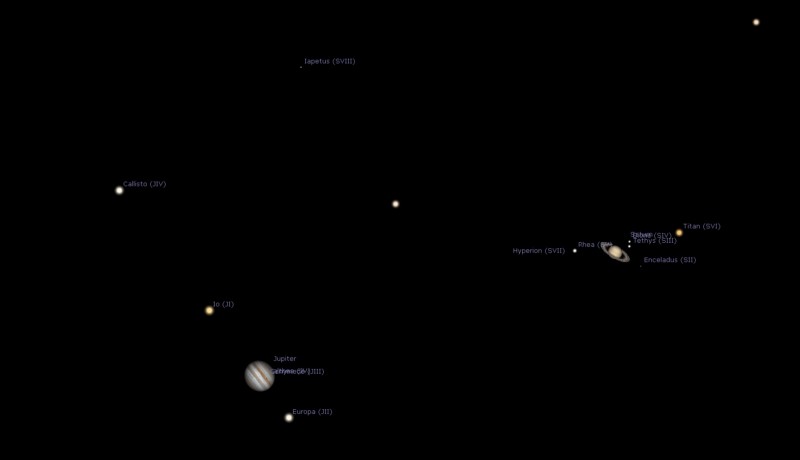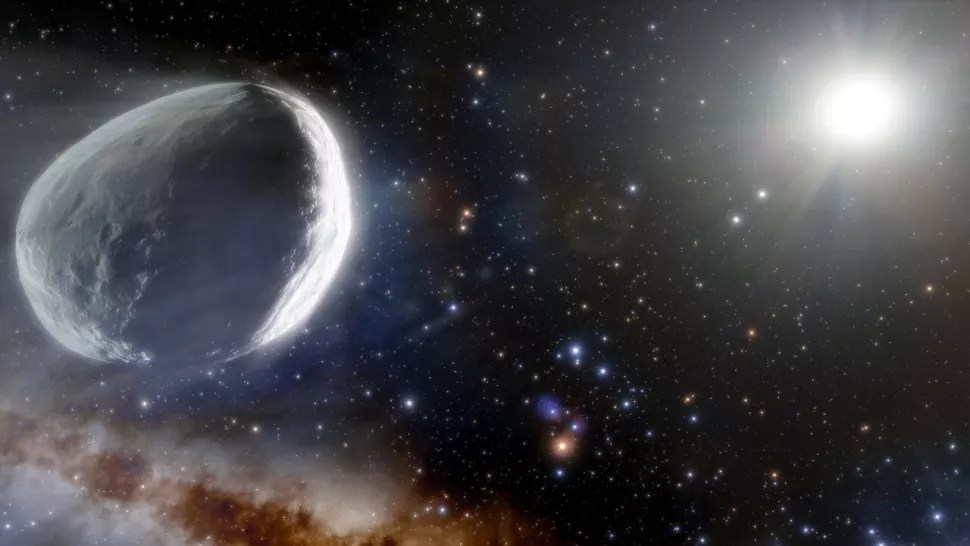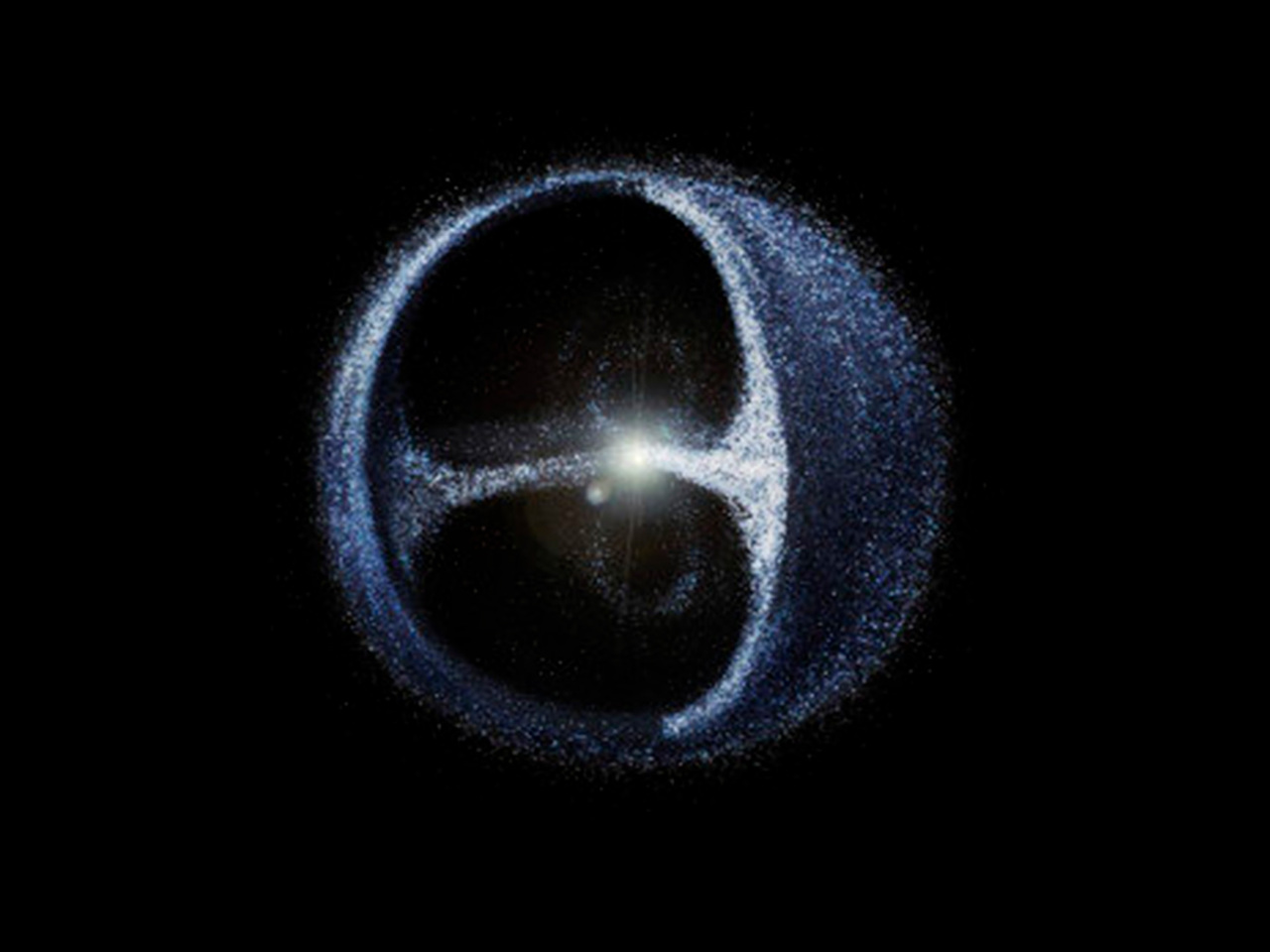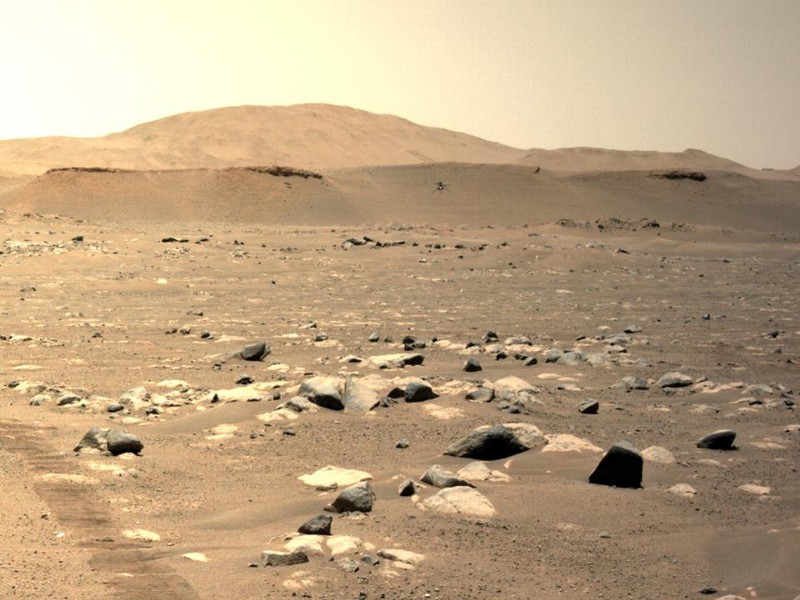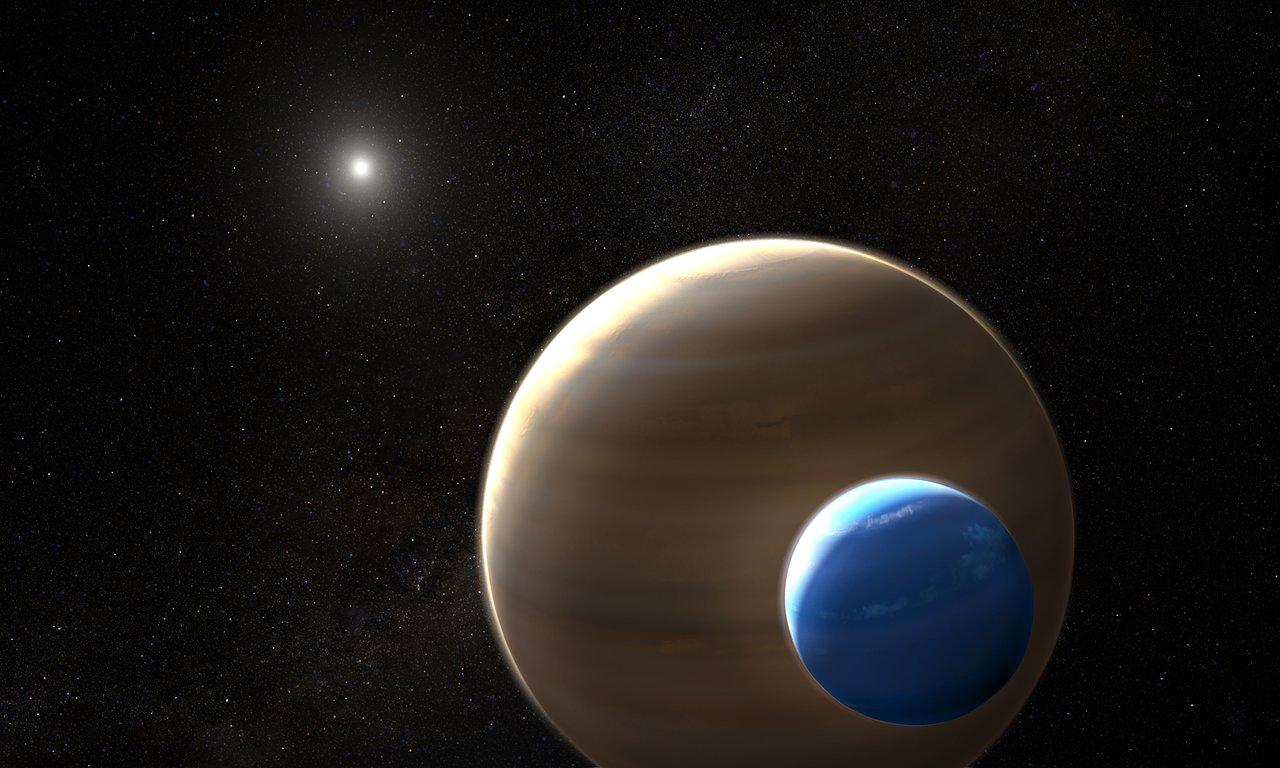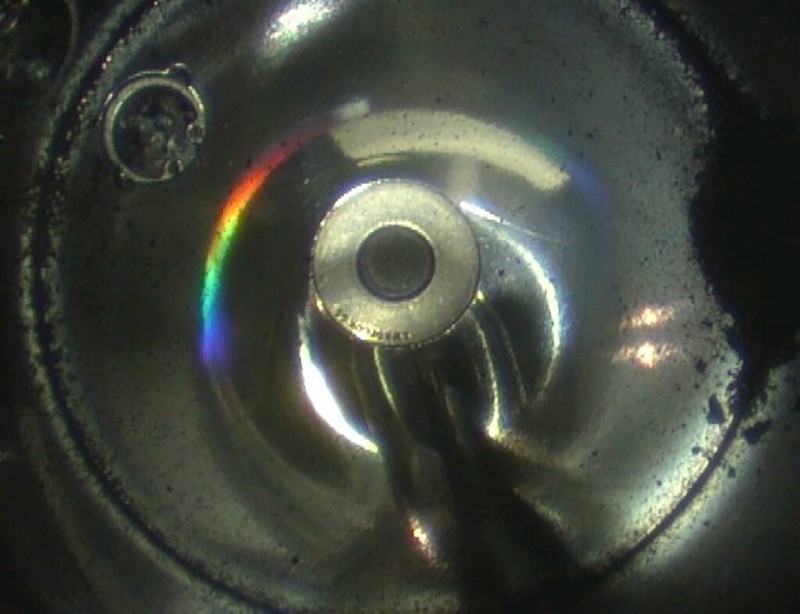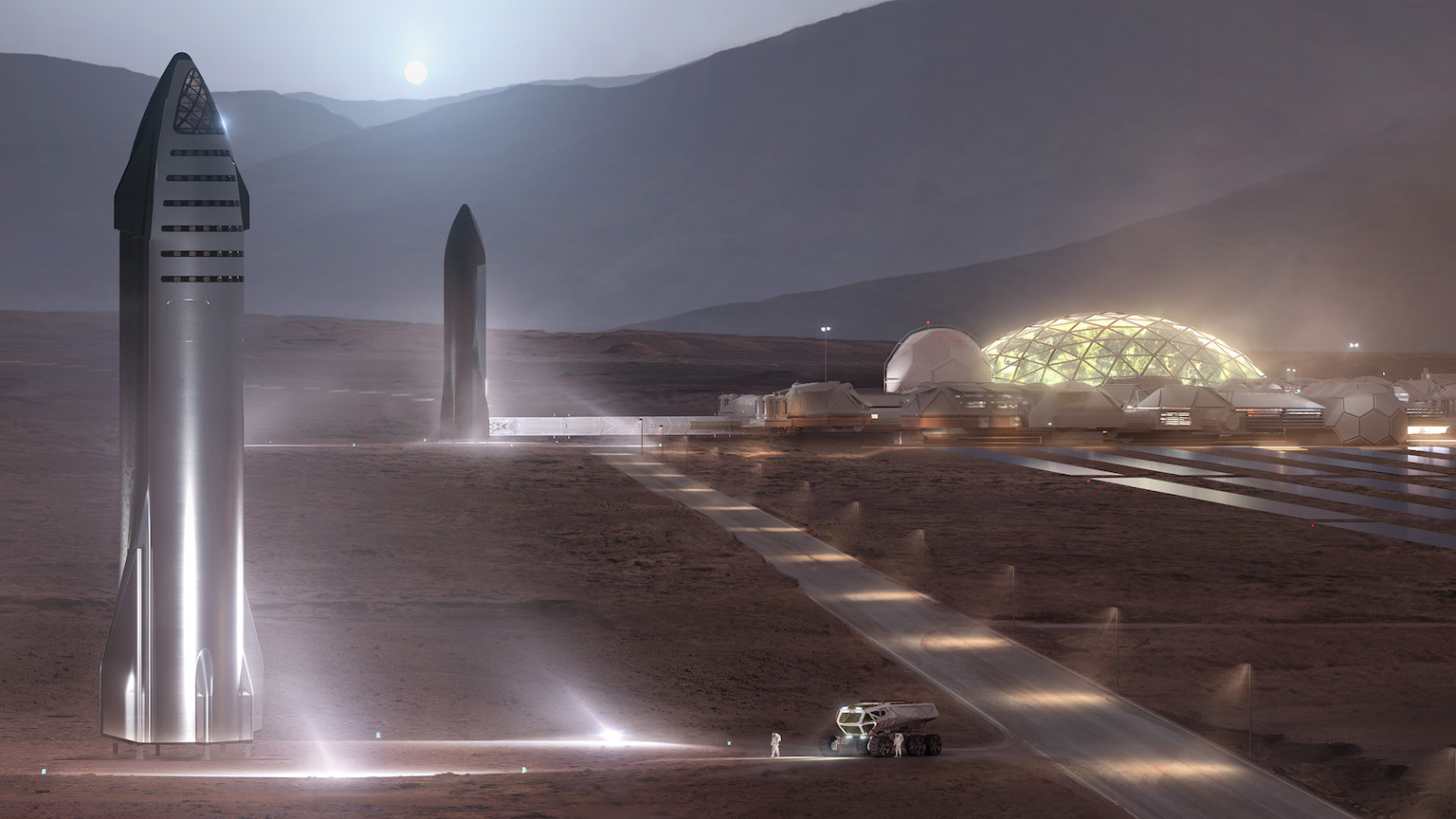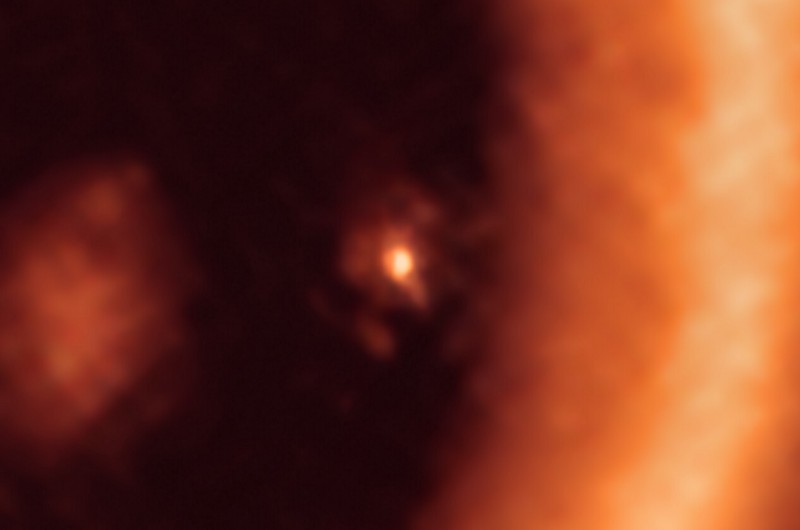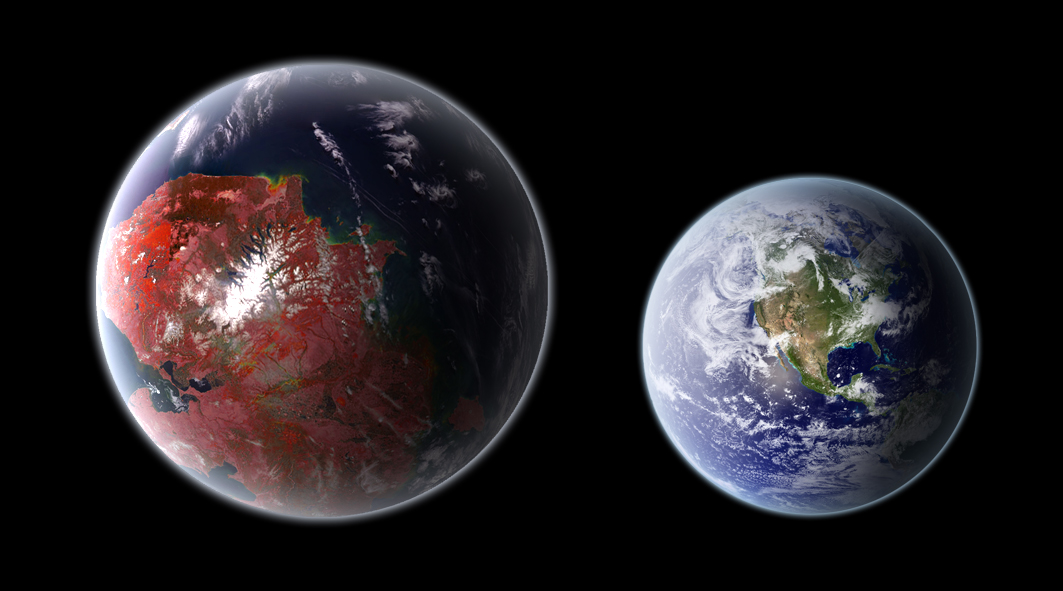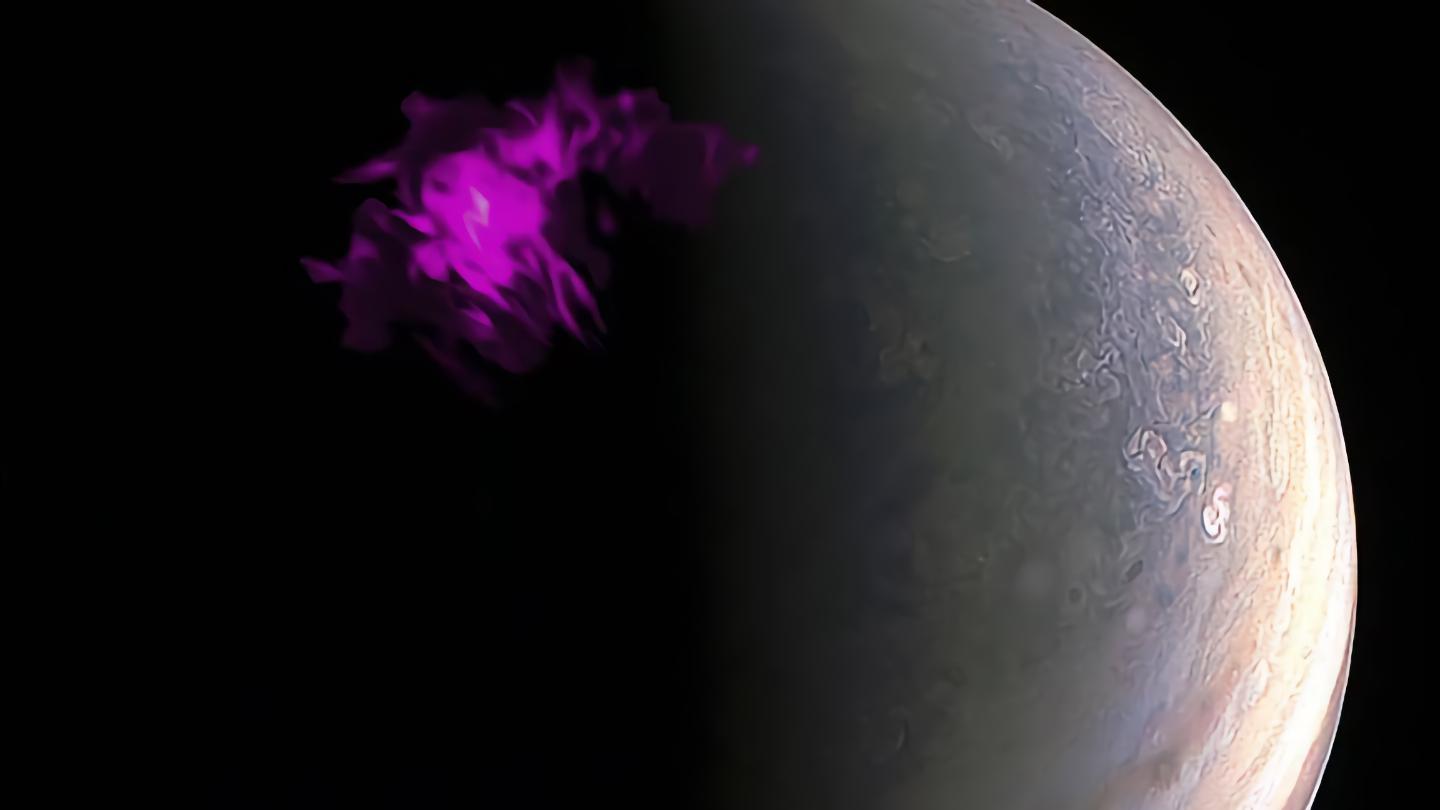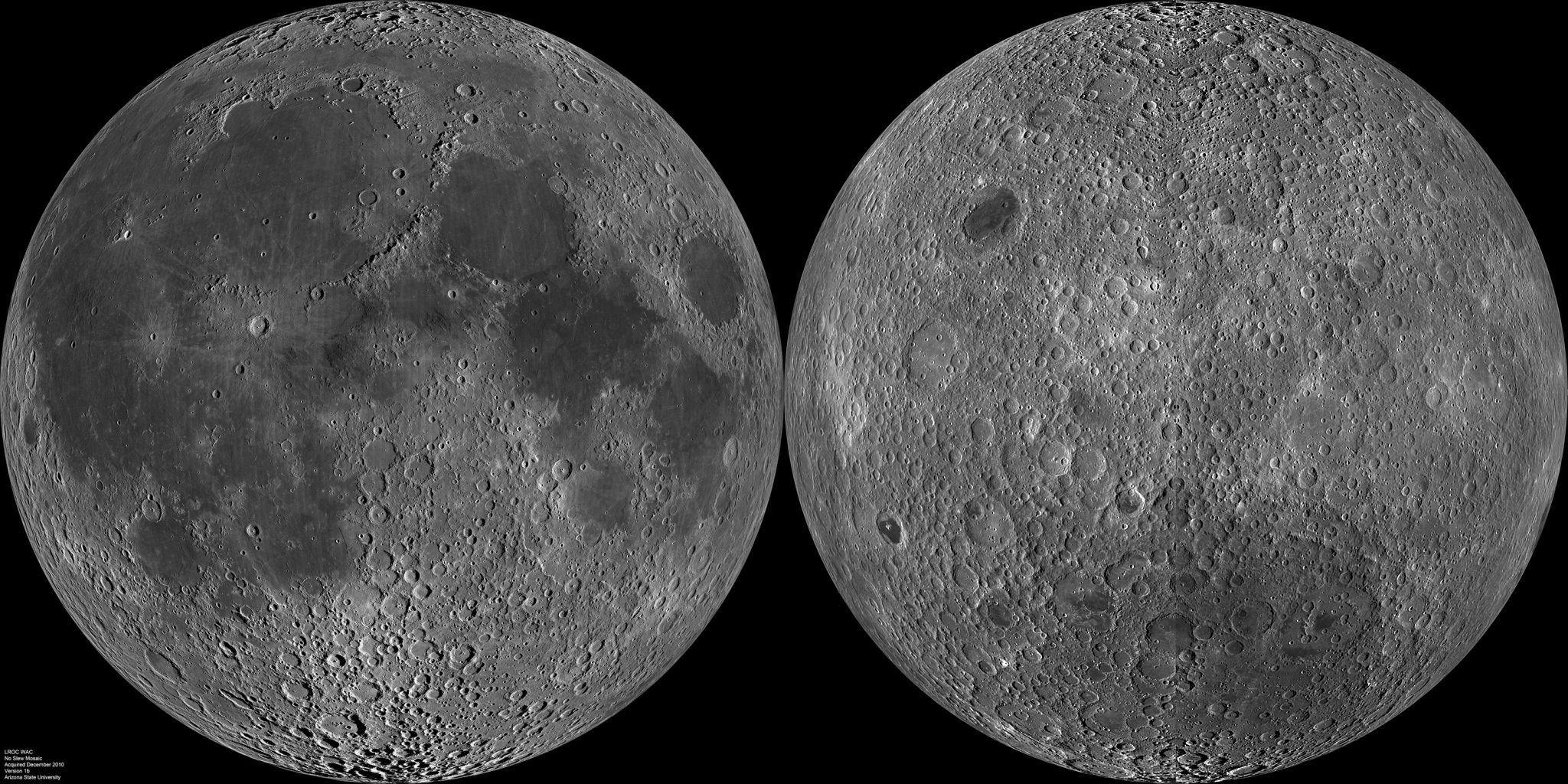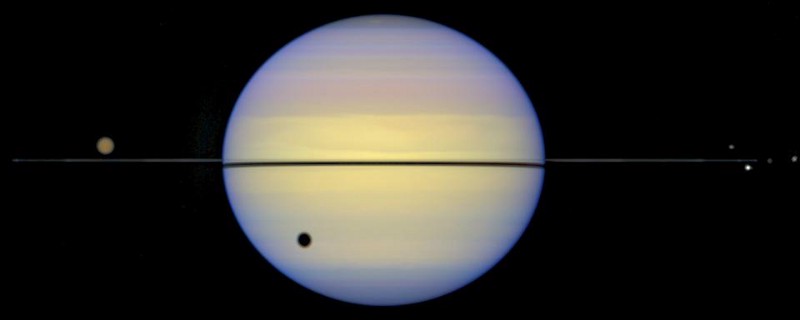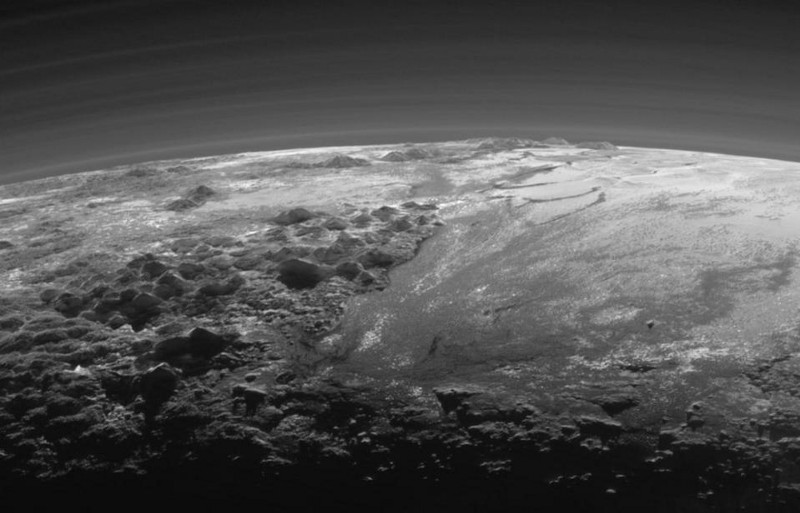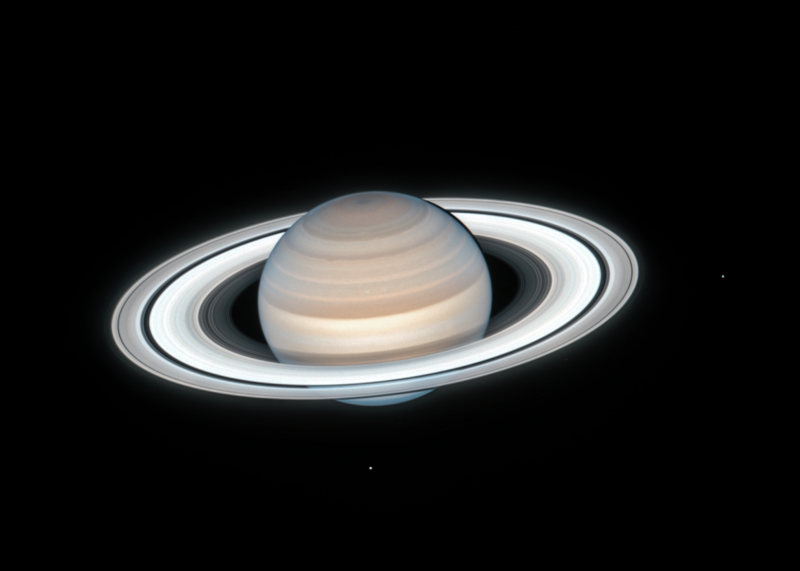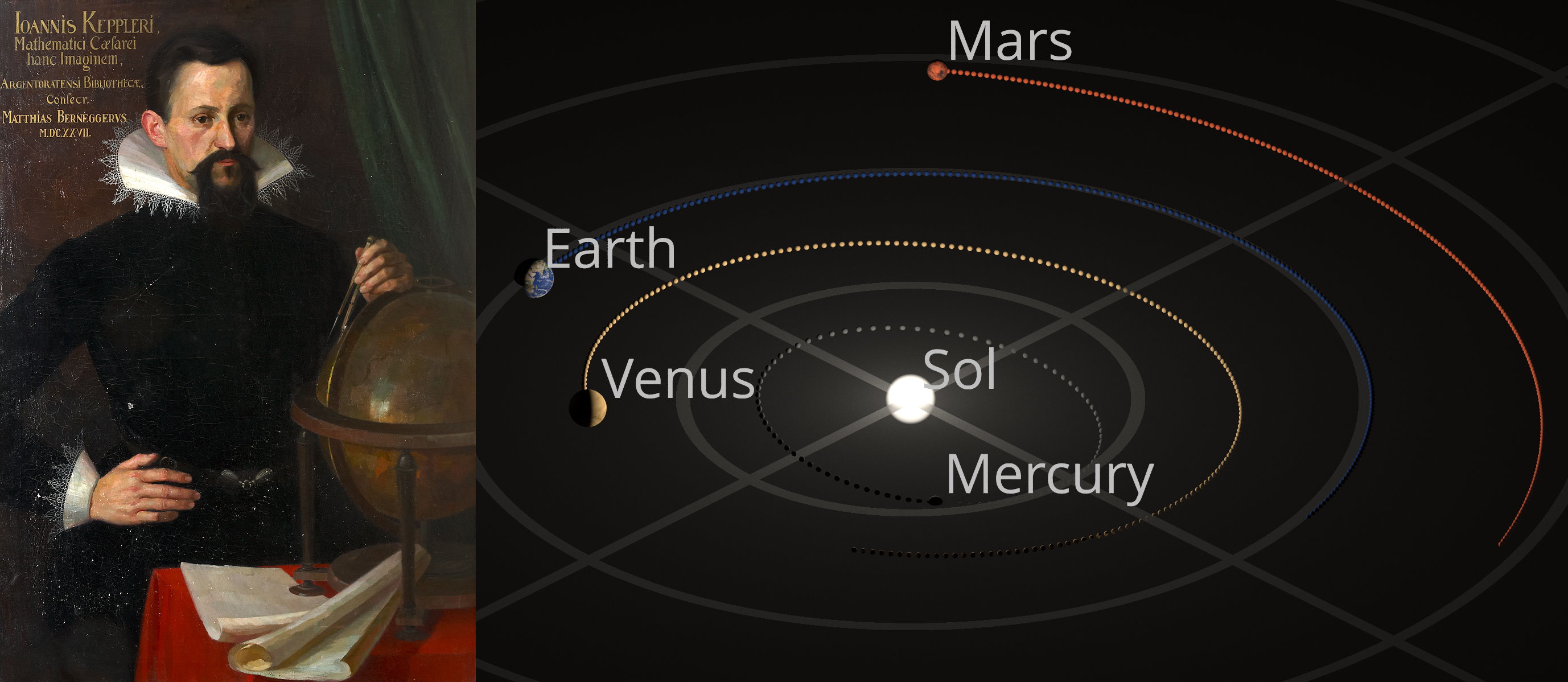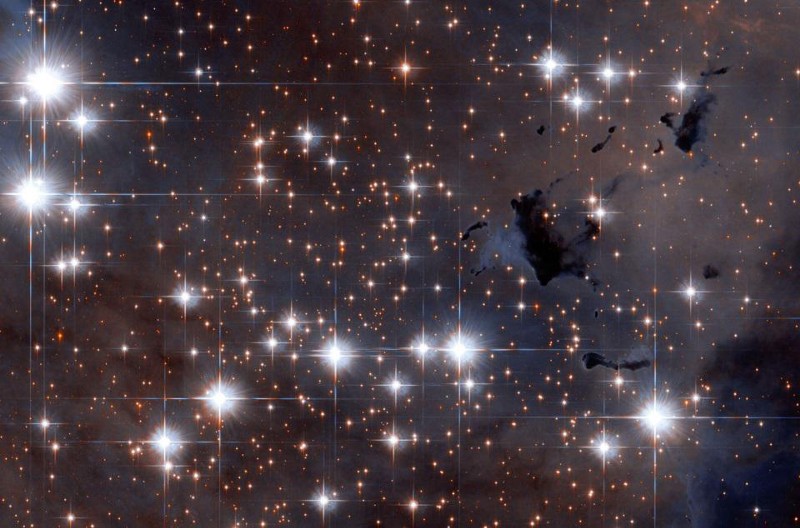OmnesViae is a modern route planner based on the roads of the Roman Empire.
Search Results
You searched for: Saturn
On Earth, carbon can form millions of compounds, while silicon is largely stuck inside rocks. But elsewhere, silicon could form the basis of life.
Water is vital for life. Luckily for spacefaring humans, the solar system is full of it.
In terms of the planets we’ve discovered, super-Earths are by far the most common. What does that mean for the Universe?
Due to chaos, it was long thought that planets couldn’t stably orbit systems containing three stars. GW Orionis is the first counterexample.
After a wait of 397 years in orbit, we’re finally getting a truly ‘Great’ Conjunction. Recently, December 21, 2020, Jupiter and Saturn finally met. Looking towards the southwest skies from […]
Sometimes, going “deeper” doesn’t reveal the answers you seek. By viewing more Universe with better precision, ESA’s Euclid mission shines.
Don’t wait until Christmas to gift a telescope this year. All throughout the year, two bright lights have stood out in the post-sunset skies. Earlier this year, on March 31, 2020, […]
A new study shows that the Bernardinelli-Bernstein Comet is much larger than previously thought — potentially the largest ever spotted.
There was a lot of hype and a lot of nonsense, but also some profoundly major advances. Here are the biggest ones you may have missed.
For some reason, when we talk about the age of stars, galaxies, and the Universe, we use “years” to measure time. Can we do better?
The solar system has some strange stuff in it. Learning how it ended up that way can tell us where we’re going.
Our Solar System’s outer reaches, and what’s in them, was predicted long before the first Oort Cloud object was ever discovered.
In a world of rising cynicism, a celebration of our capacity to create, adapt, and thrive.
Ingenuity is remarkable. But these 5 exploration ideas are revolutionary. Telescopes are our initial tools for revealing and studying foreign worlds. Hubble images of Mars, particularly around the regions with […]
Life finds a way — particularly if it has a moon.
For consumers of festive beverages, the news is bad: this holiday season, Guinness may not be on tap and glass for bottling wine is scarce. Climate disasters, like British Columbia’s floods, have further weakened already […]
And what can it teach us about our Solar System’s earliest days? In many ways, astronomy is unique among the sciences. In every other field, you have the ability to design […]
The massive craft could carry 100 humans to Mars and revolutionize space exploration.
A new model of the Antikythera mechanism reveals a “creation of genius.”
We just observed the first ‘lunar formation’ in an exoplanetary system. This one image, above, is the first to show moons actively forming around a planet. This colourful image shows […]
Francisco José de Goya y Lucientes is often labeled a quintessential Spanish artist, but his allegiance may well have lied with the French Enlightenment instead.
NASA is creating a planet habitability index, and Earth may not be at the top. With our current data, ranking habitability is guesswork.
Jupiter’s mysterious auroral events are caused by vibrating waves of plasma.
The far side of the Moon is incredibly different from the Earth-facing side. 63 years later, we know why the Moon’s faces are not alike.
The rings are raining down onto the planet, and disappearing surprisingly fast. 4.5 billion years ago, our Solar System first formed. Protoplanetary disks, which all solar systems are thought to […]
Just say no to artist’s illustrations. This is what the Universe actually looks like. The Universe we observe often surpasses our greatest imaginings. This 20-year time-lapse of stars near the center […]
Catch Saturn at its biggest and brightest, and view its rings while you still can. Right now, in Earth’s skies, Saturn appears at its biggest and brightest. A view of tonight’s […]
When people pick the greatest scientist of all-time, Newton and Einstein always come up. Perhaps they should name Johannes Kepler, instead.
Galaxies can have regions both hotter and colder than the background radiation of the Universe. When we talk about the depths of space, we get this picture in our heads […]
